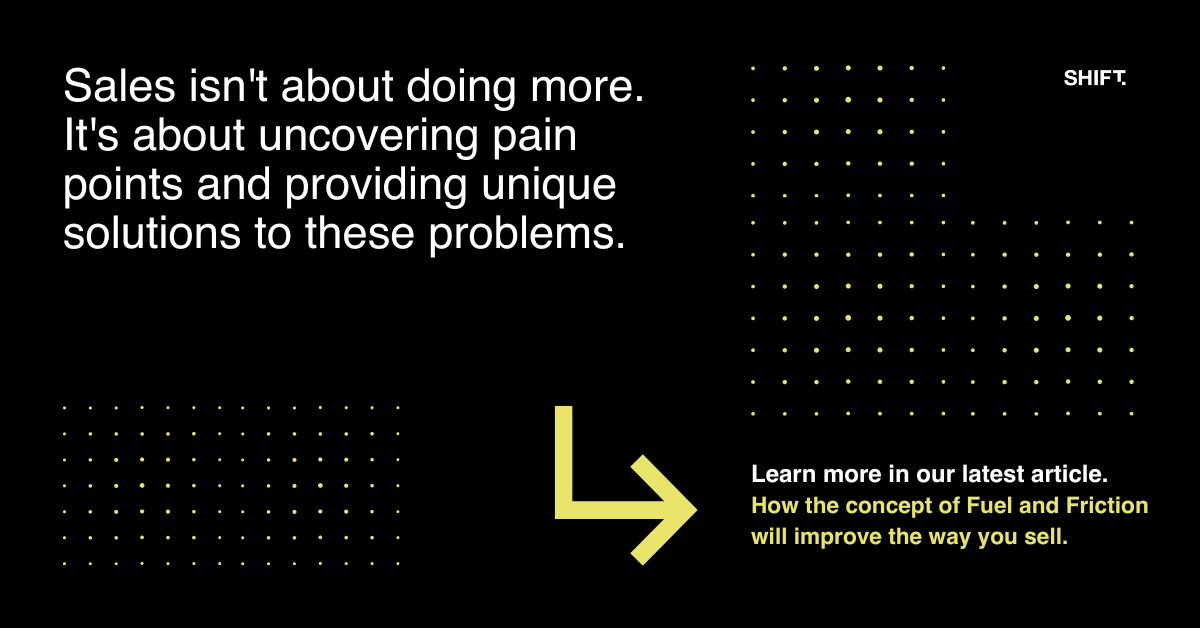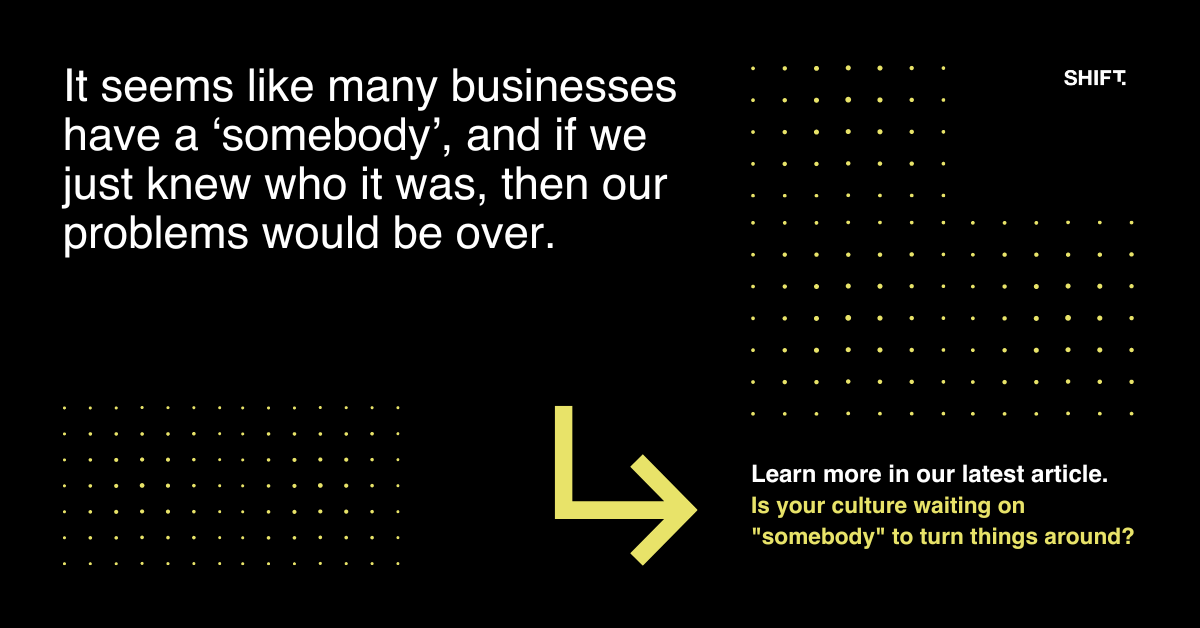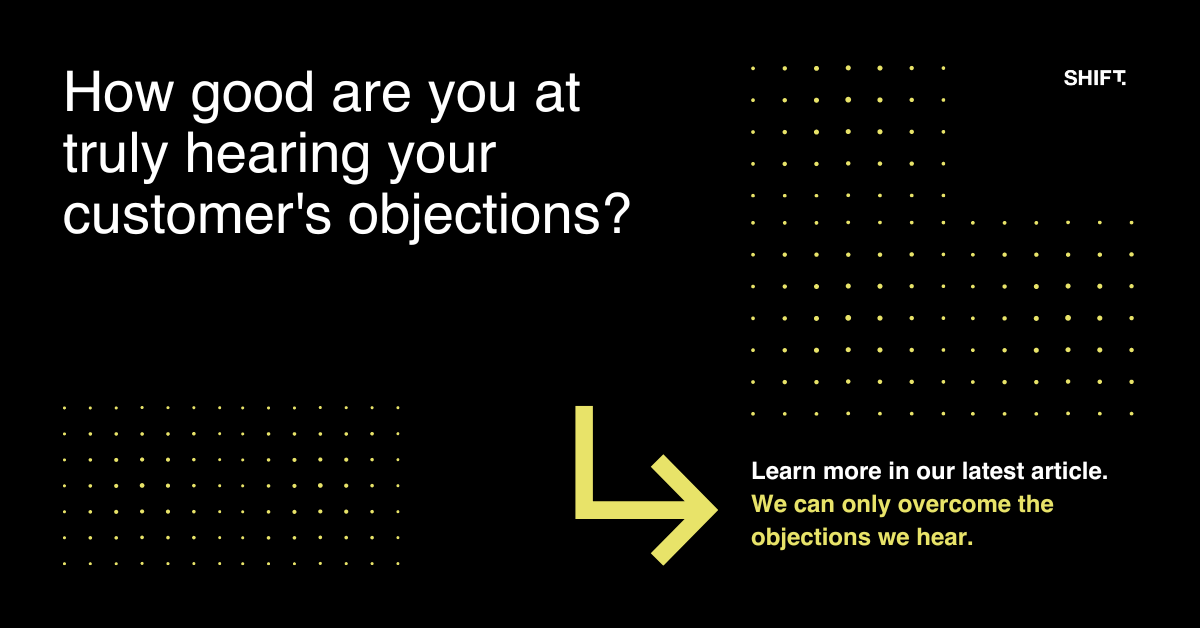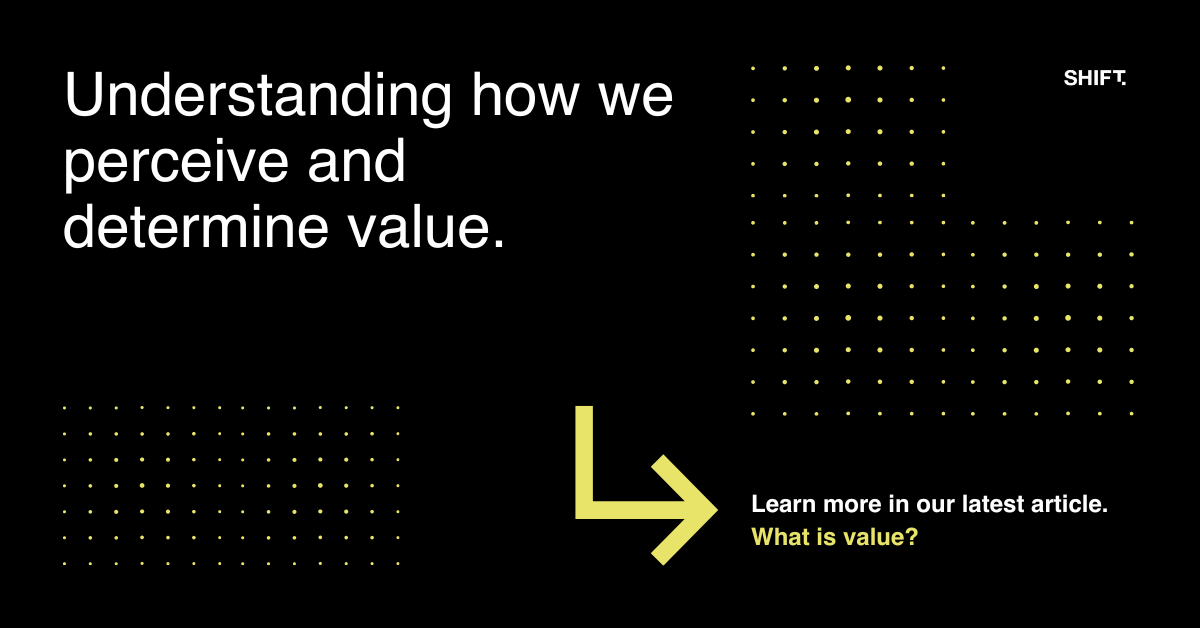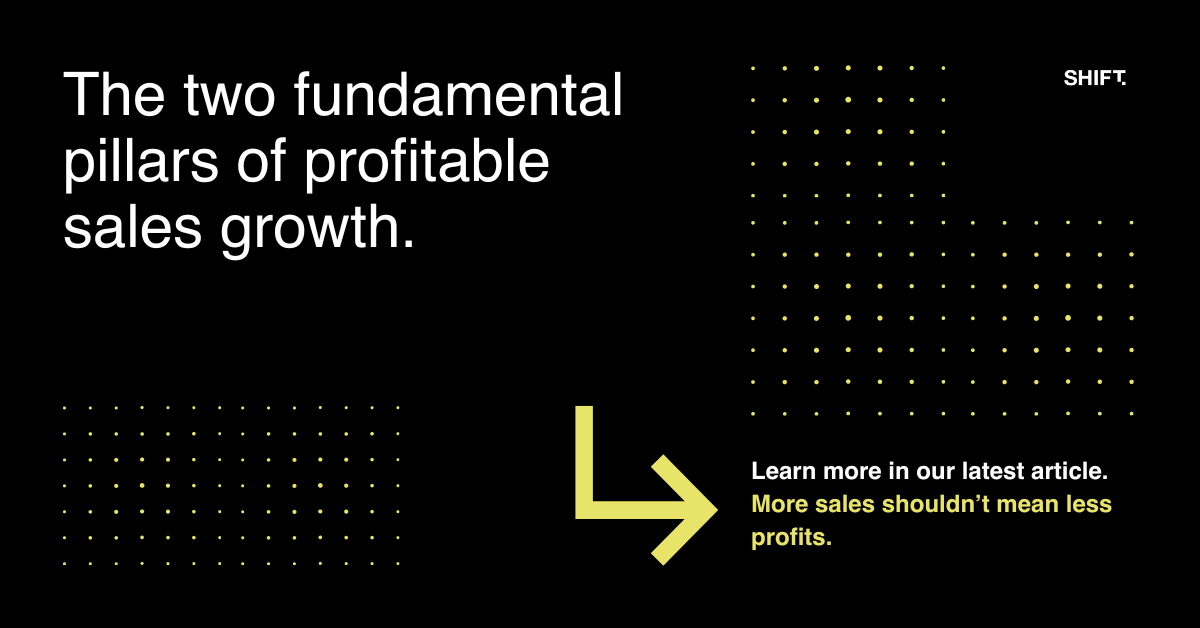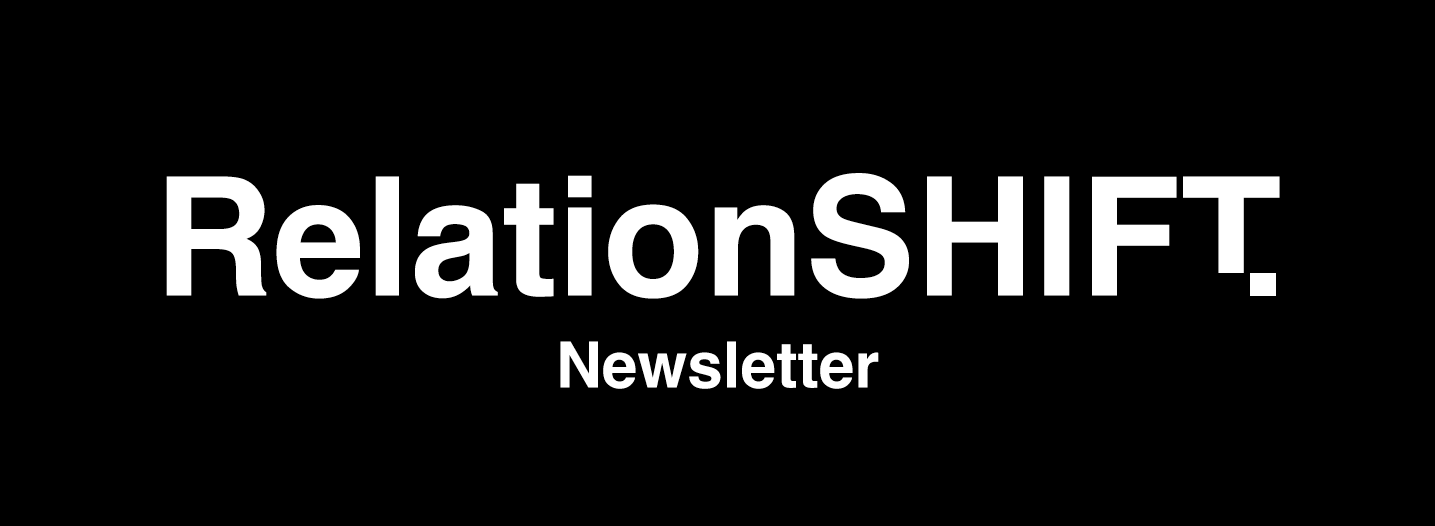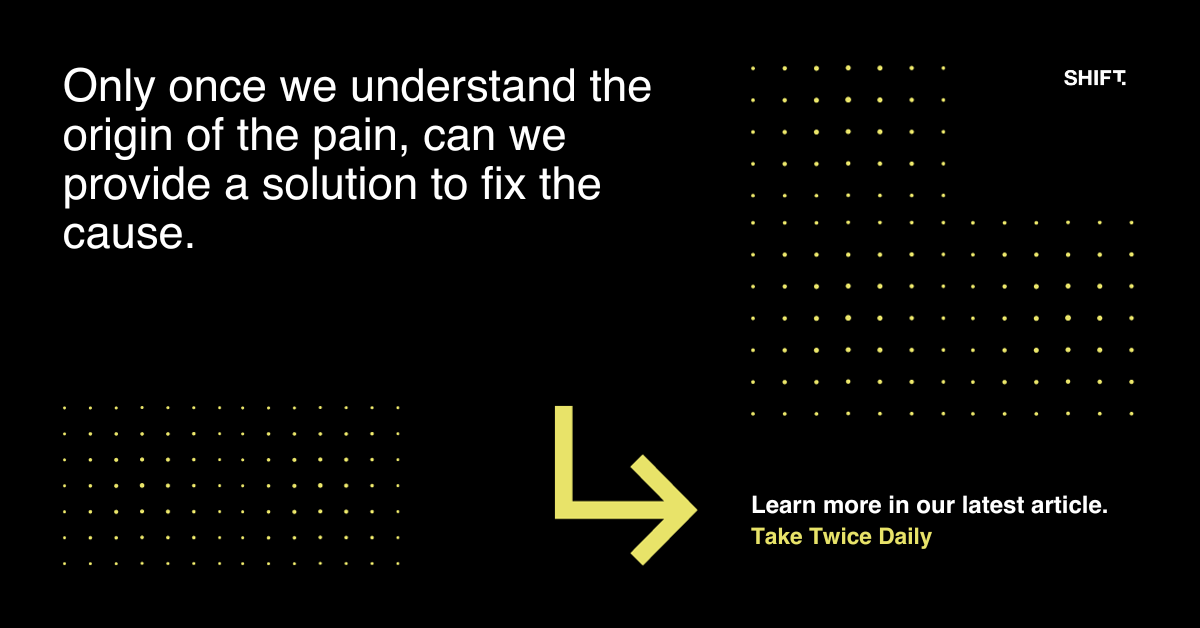I was recently finishing a group activity with the sales team of one of my clients and as we were going through the final actions one of the salespeople – who had engaged well throughout the workshop - said to me “why do I need to do any of this new stuff, I have been okay at making sales for the past 20 years?”
This is a question many salespeople ask of themselves when confronted with the challenge of changing some of their deep-seated beliefs in how they sell. Underpinning this question is how salespeople define sales success.
Developing new sales skills is hard. First, we have to learn new skills we do not yet know and then we have to put them into practice. This can make us feel extremely uncomfortable and very self-conscious. It takes us out of our comfort zone, a place we have become very intimate with. We are challenged to think about the customer differently and how we might engage with them better than we have in the past. No more ‘just doing what we have always done’, no more ‘winging it’ at meetings. No more picking up the phone first and then thinking about what we are going to say.
But why should I develop new skills? Why should I put myself through this anguish and frustration of learning new skills and adapt to a different
way of selling? I have always been able to make a sale, win a customer over, hit my budgets more often than not. Sure, sometimes I get frustrated by customers that do not come on board. Sure, sometimes I get annoyed by having to drop my prices when clearly the customer does not understand the value on offer. And yes, I get really annoyed when customers leave and go to a competitor. It gets really tough when, during the month, I know that I am not going to hit budget.
This questioning of
why I should change how I sell is the first and most significant hurdle we have to get over to allow ourselves to develop new skills that will help us engage with customers on a much deeper, and greater emotionally rewarding level, ensuring that we are doing the things that matter to help us achieve our budgets and goals.
Sales success is generally determined by the number of sales won. Providing we have enough customers to talk to we can continue to just add up the wins and forget about the losses. Many times, we deflect the responsibility of the losses to other things such as, ‘the customer doesn’t get it’,
‘the customer is
only interested in price’ or ‘the competition beat us on price’. Viewing sales success in this way does not drive us to want to be better at what we do. We win enough sales to get through and the ones we don’t win, well that’s not our fault. When we view sales success this way, we are blinded to the need to develop.
Plato said that
“Necessity is the mother of invention”.
If we redefine sales success to be something like:
‘I have to win over every customer I have on my target list, on the value we provide them, not on price’
This then builds in the need, the necessity to adopt new skills and ideas we could use to sell, to develop and to push us into the uncomfortable space of seeking out and learning these new skills, taking responsibility not just for the wins but more-so for the losses.
Out of necessity comes new ideas, new approaches and self - development.
